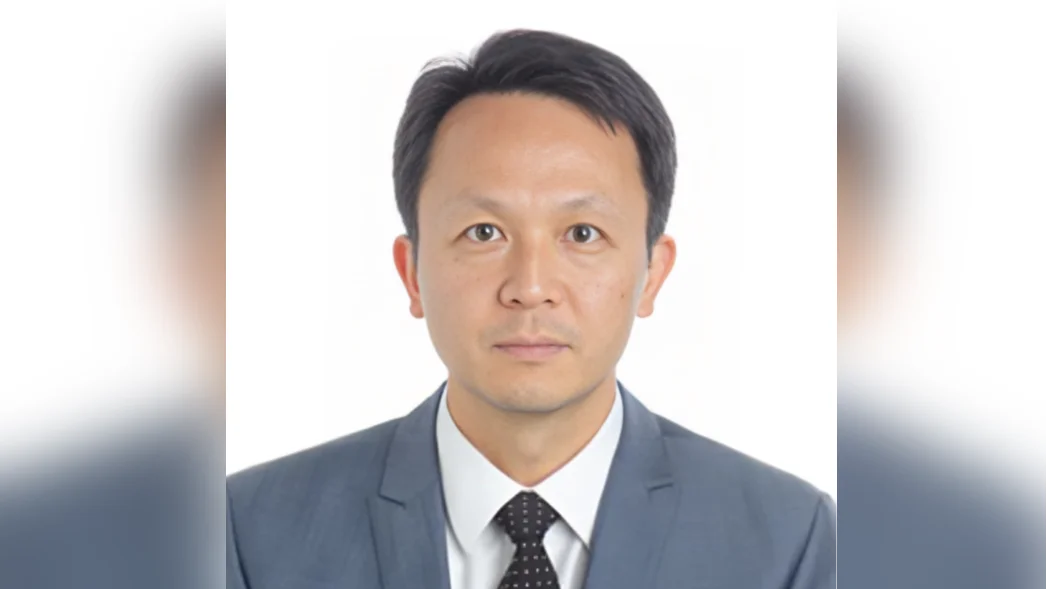On May 27, 2025, the International Monetary Fund (IMF) concluded its Article IV consultation mission in Tuvalu. The mission was conducted from May 20-27 in Funafuti and aimed to assess the economic situation of the country. This statement reflects the preliminary findings of the IMF staff, with a report to be presented to the IMF Executive Board after management approval.
Tuvalu's economy has shown signs of recovery following the COVID-19 pandemic. GDP growth rebounded by 7.9% in 2023, supported by construction activities and increased government spending. Growth is projected at 3% for 2025 due to ongoing infrastructure projects and public spending increases. However, medium-term growth is expected to slow to around 1.8%, influenced by productivity challenges, emigration, and climate vulnerability.
The fiscal balance is anticipated to improve temporarily with a surplus projected for 2025 due to higher grants but is expected to decline again from 2026 onwards. By 2030, fiscal deficits are projected at -6.8% of GDP unless addressed through foreign financing or other measures.
The IMF highlighted several risks including global trade tensions, commodity price fluctuations, financial market instability, and climate change impacts on Tuvalu’s economic outlook.
Fiscal policy recommendations include reducing deficits gradually while maintaining essential services and addressing climate adaptation costs. Strategies should involve revenue mobilization, expenditure rationalization, and prioritizing resources towards vulnerable groups and infrastructure development.
Efforts have been made in public financial management with new systems introduced for better fiscal transparency and reliability.
In terms of financial sector policies, establishing effective regulatory frameworks remains crucial. The Banking Commission of Tuvalu needs expanded supervisory capabilities alongside improvements in global payment connectivity and financial inclusion initiatives.
Structural reforms are needed to address developmental challenges and increase growth potential by focusing on land development collaboration with communities, enhancing internet connectivity for service delivery, maintaining key infrastructure assets especially renewable energy sources, improving SOE governance, exploring economic diversification opportunities like eco-tourism and commercial fishery.
Addressing labor shortages caused by emigration requires enhancing human capital through education quality improvement and promoting skill transfer among returning migrants while encouraging female workforce participation.
Finally, engaging with development partners for climate financing remains essential as does strengthening disaster management practices including enforcing building codes and accelerating renewable energy production for enhanced energy security.
The IMF mission expressed gratitude towards Tuvaluan authorities for their cooperation during this consultation period.
___

